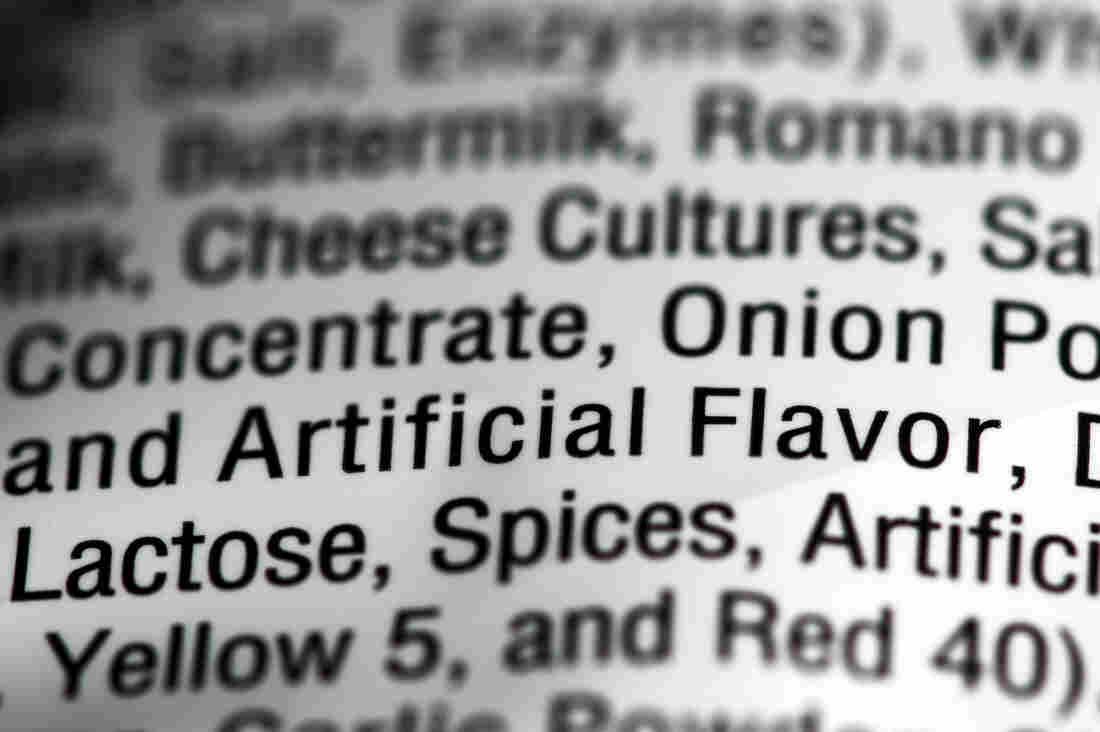
Food ingredients can assist simulate natural tastes and are frequently merely identified as “synthetic tastes” on labels.
Matt Rourke/AP.
conceal caption
toggle caption
Matt Rourke/AP.
Food ingredients can assist simulate natural tastes and are frequently merely identified as “synthetic tastes” on labels.
Matt Rourke/AP.
Ever become aware of these food ingredients? Synthetically-derived benzophenone, ethyl acrylate, methyl eugenol, myrcene, pulegone, or pyridine?
These substances can assist simulate natural tastes and are utilized to instill foods with mint, cinnamon and other tastes.
You have actually most likely never ever seen them on food labels since food producers are allowed to identify them merely as “synthetic tastes.”
Now, the Fda has actually revealed these substances will no longer be enabled to be utilized as food ingredients. The FDA is offering producers time to eliminate them from the food supply.
The choice can be found in action to a petition brought by ecological and customer groups, consisting of the Natural Resources Defense Council, the Center for Food Security, and the Center for Science in the general public Interest.
” We believe this is a win for customers,” states Erik Olson of the Natural Resources Defense Council.
“ Our petition set out the science” connecting these flavoring chemicals to cancer in animals, Olson states. “The law is really clear that any chemical that triggers cancer is not expected to be contributed to our food supply,” Olson informed us
The FDA had actually concluded that these flavoring substances do not present a health danger to customers. “The artificial flavoring compounds that are the topic of this petition are normally utilized in foods offered in the U.S. market in really percentages and their usage leads to really low levels of direct exposures and low danger,” concludes an FDA declaration on the petition.
” While the FDA’s current direct exposure evaluation of these compounds does not show that they present a danger to public health under the conditions of their meant usage, the petitioners supplied proof that these compounds triggered cancer in animals who were exposed to much greater dosages,” the FDA declaration states.
The federal law defined in the decades-old Delaney Provision, which is a modification to the Food, Drugs, and Cosmetic Act of 1938, states that if a compound is discovered to trigger cancer in human beings or animals, it can not be utilized as a food additive.
The FDA states it will de-list 6 of the artificial substances from its food ingredients list, provided the proof that these compounds triggered cancer in animal lab research studies. The FDA states the seventh artificial taste, styrene, is being de-listed since it is no longer utilized by the market.
The Natural Resources Defense Council states the substances that are being de-listed have actually likely been utilized in a range of foodstuff– from ice cream and baked items to beer and gum. NRDC’s Olson states it is difficult to understand how commonly they’re utilized, or in which items, since producers are not needed to reveal this info.
The trade association that represents taste producers, The Taste and Extract Producers Association, launched a declaration highlighting the FDA’s direct exposure evaluation that concluded the taste substances do not present a danger to individuals under the conditions of their meant usage. “FEMA thinks that the Delaney Provision shows a minimal analysis of animal research studies and cancer by stopping working to deal with danger or significance in human beings,” the declaration states.
The FDA, in its c onstituent upgrade on this action, states it will offer producers 24 months to “determine appropriate replacement components and reformulate their foodstuff.”











